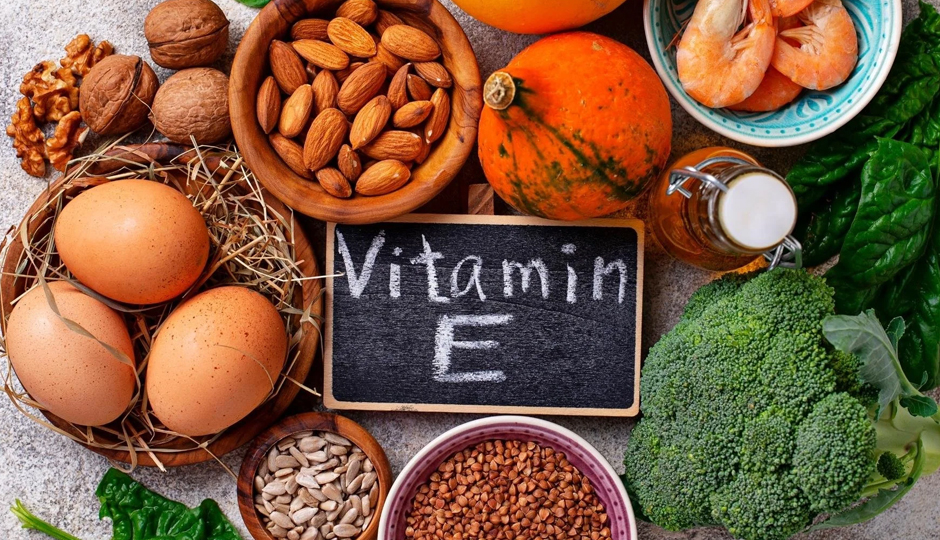- Home›
- Healthy Living›
- 10 Foods To Avoid If You Have Ulcerative Colitis
10 Foods To Avoid If You Have Ulcerative Colitis
By: Priyanka Maheshwari Wed, 18 Oct 2023 10:41:01

Ulcerative colitis, often referred to simply as UC, is a chronic inflammatory bowel disease that primarily affects the colon, or large intestine, and the rectum. This condition falls under the broader category of inflammatory bowel diseases (IBD), alongside Crohn's disease. Ulcerative colitis is characterized by inflammation and ulceration of the innermost lining of the colon and rectum, leading to a range of distressing gastrointestinal symptoms. While the exact cause of UC remains unclear, it is believed to result from a complex interplay of genetic, environmental, and immunological factors. This condition typically manifests in episodes of flare-ups and remissions, making it a lifelong challenge for those who suffer from it. Managing ulcerative colitis requires a multidisciplinary approach that may include medication, dietary modifications, and lifestyle adjustments to improve the quality of life for individuals affected by this condition.
Managing ulcerative colitis can be a challenging endeavor, given the persistent pain and the potential for recurrent discomfort. Therefore, adopting a nutrition-rich diet designed to counter inflammation can offer significant relief. This dietary approach not only aids in effectively handling other associated symptoms but also aids in mitigating the condition. This article aims to provide additional insights on which foods to incorporate and steer clear of if you are dealing with ulcerative colitis, suggests some natural remedies for symptom management, and even presents a sample diet plan. For further details, keep reading.
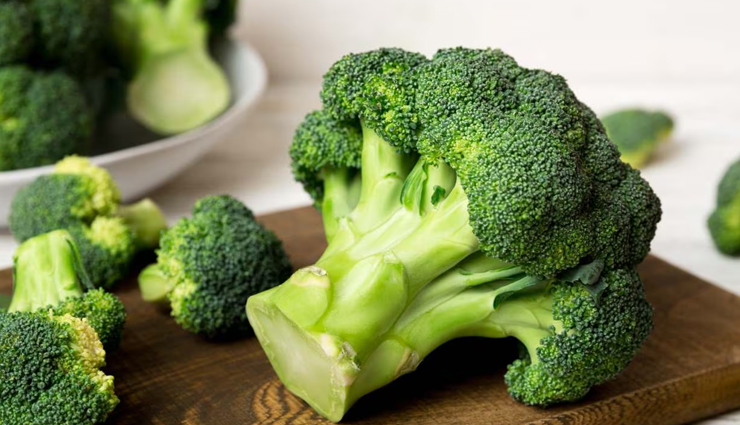
# Broccoli
Consider yourself fortunate if you're not a fan of broccoli. This fibrous vegetable, brimming with health-boosting phytonutrients, isn't your ideal choice. The reason being, broccoli's slower digestion process can potentially lead to bloating. Consequently, it's advisable to steer clear of broccoli, whether it's blanched, grilled, sautéed, boiled, or even in its raw form.
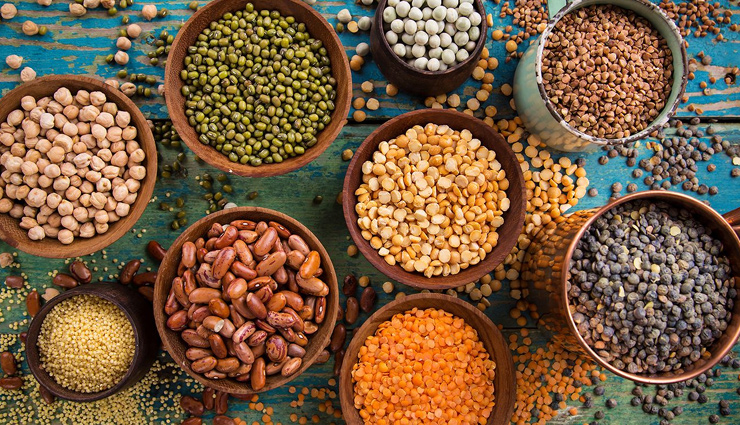
# Legumes
Much like broccoli, legumes also boast high fiber content. While dietary fiber has numerous benefits, it might not be your best companion. Foods rich in fiber take longer to digest and can increase stool bulk, potentially irritating the lining of your colon, thereby exacerbating inflammation. Bid farewell to lentils, bean sprouts, kidney beans, lima beans, chickpeas, peas, and similar legumes to promote soothing of the colon wall lining.

# Alcohol
If you're grappling with ulcerative colitis, it's time to wave goodbye to alcohol. Alcohol can be particularly harsh on your colon lining, potentially causing bloating, inflammation, and, in severe cases, rectal bleeding. Therefore, toss those alcohol bottles in the bin and abstain from drinking at social gatherings.

# Carbonated Beverages
Those sugary and carbonated drinks that quench your thirst can inflict significant harm on your colon. The already ulcerated colon lining may become further irritated by the effervescence in these drinks. Additionally, carbonated beverages are often laden with sugar and caffeine, which can contribute to bloating. Embracing a low FODMAP diet with reduced sugar intake can alleviate intestinal distress.

# Tea and Coffee
Both tea and coffee contain caffeine, which functions as a stimulant. Stimulants expedite the transit time through the colon, potentially aggravating the colon lining. Consequently, it's wise to avoid tea and coffee if you're dealing with ulcerative colitis.

# Chocolate
For some, this is unfortunate news. Chocolate contains both caffeine and sugar, which can be highly irritating to the inner lining of the colon. Sugar exacerbates diarrhea, and as mentioned earlier, caffeine accelerates transit through the colon. Both of these elements can worsen symptoms, so it's advisable to refrain from consuming chocolates.
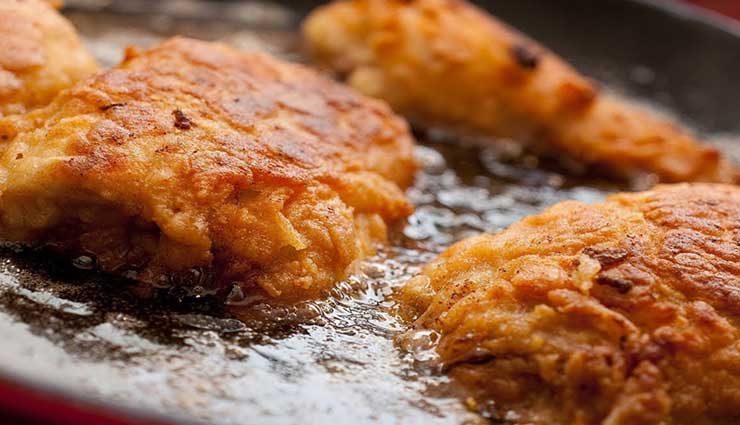
# Rich and Oily Foods
Creamy and greasy dishes, laden with ingredients like mayonnaise, butter, cream cheese, margarine, and animal fats, can be harsh on the inner colon lining. This can exacerbate ulcers and potentially lead to rectal bleeding. To pacify your colon, avoid indulging in creamy pasta, macaroni and cheese, and dishes featuring creamy cheeses.
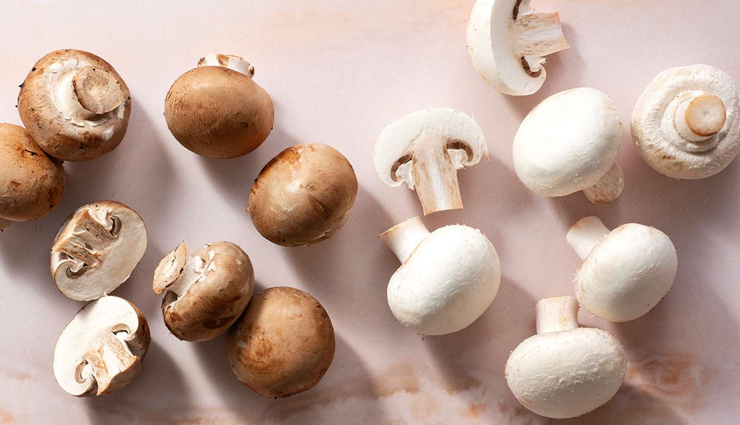
# Mushrooms and Corn
Both mushrooms and corn pose challenges in terms of digestion. Most corn kernels are not chewed thoroughly and can contribute to inflammation. Mushrooms are also not completely digested, so it's best to keep them off your menu.
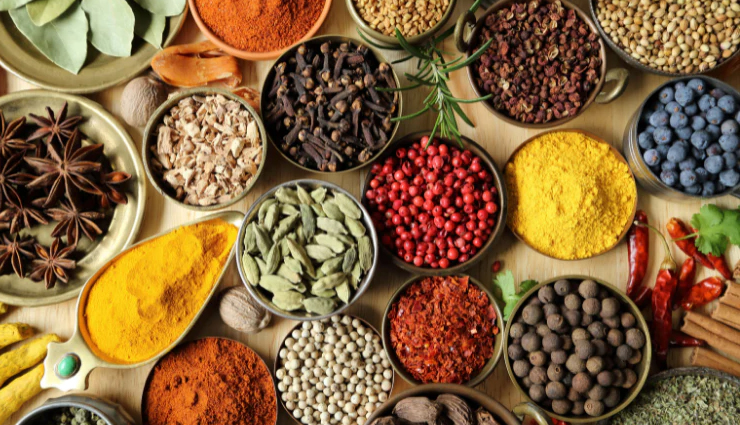
# Whole Spices and Herbs
While spices can enhance the flavor of your dishes, whole spices should be avoided. These whole spices may not digest properly and can potentially irritate the sensitive walls of the large intestine. For flavor and aroma, consider chopping or grinding your herbs and spices before use. Alternatively, you can enclose the spices in a muslin cloth and place them in your food to infuse the aroma.
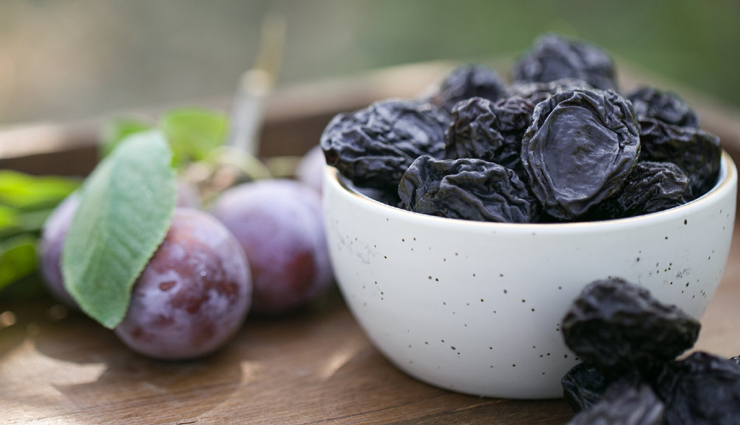
# Prunes
Prunes are highly effective for individuals dealing with constipation, as they expedite transit through the large intestine. However, for those with ulcerative colitis, prunes can be risky, as rapidly moving foods can scratch the colon walls, leading to inflammation and bleeding. It's best to stay away from both fresh and dried prunes, as well as prune juice.


